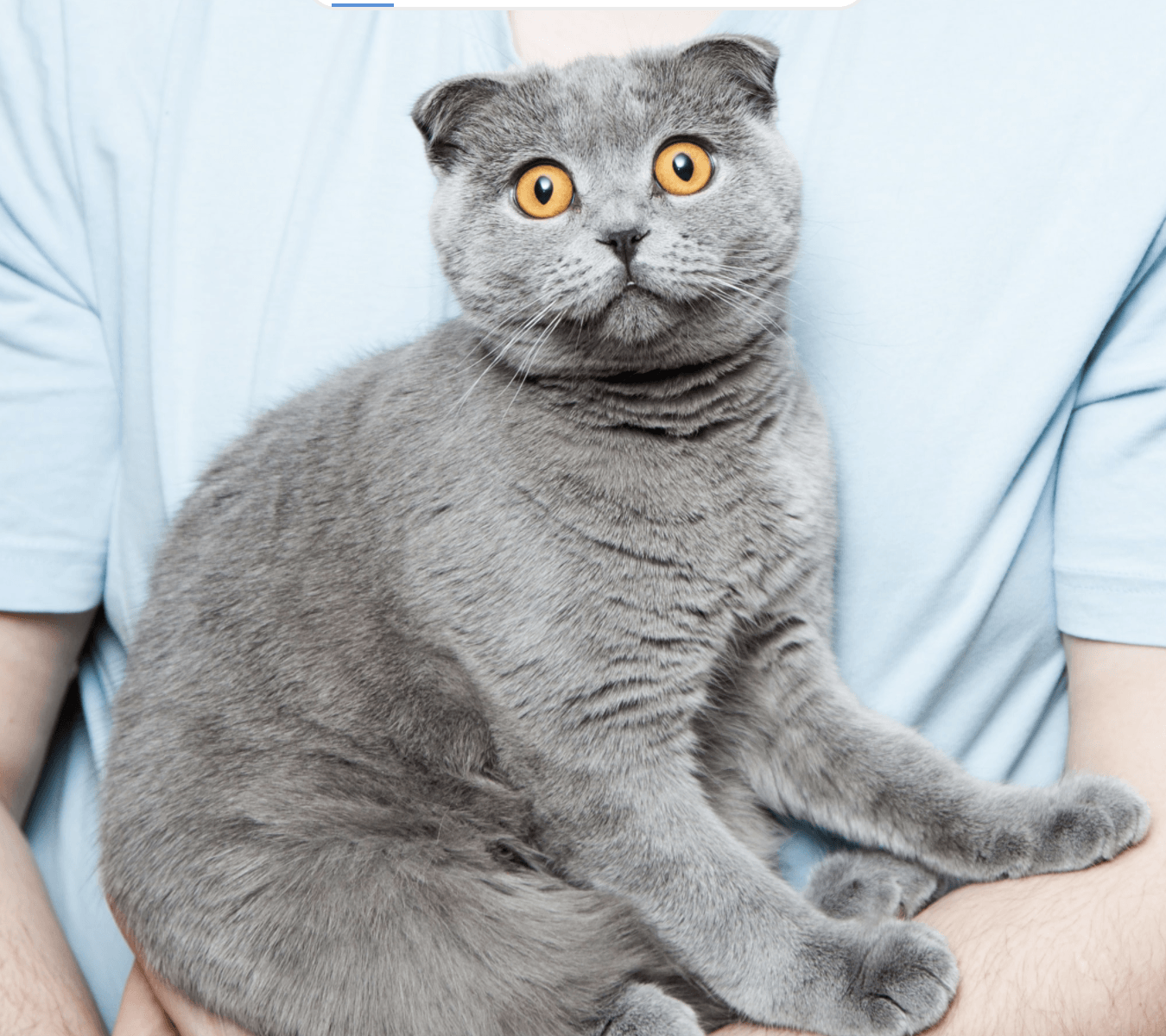
Can Litter Cause Diarrhea For Your Cat?
When you clean your cat's litter box regularly, you can't help but notice changes in his bathroom habits. One thing responsible cat parents should always look for is evidence of diarrhea. Just like in humans, parasites, bacteria, and viruses can causefeline diarrhea.
One possible cause of diarrhea may be the place where he's doing his business - his litter box. Could the litter be to blamefor the loose stool? The short answer is yes, whether directly or through contamination.
If you have recently noticed the abnormal occurrence of cat diarrhea in a litter box upon cleanup, we're glad you're here! We'll explain how cat litter can affect your cat’s stool and explore ways you can prevent it.
Here we'll explain how cat litter can cause diarrhea and explore ways you can prevent it.
A Dirty Litter Box
Life is hectic. Sometimes it feels like there aren't enough hours in the day. Balancing work, family, a social life, and more is tough. Cleaning the litter box often comes last on the long list of things you need to do.
But leaving a litter box full of Fluffy's cat poop can be more than just a stinky problem. It also allows for harmful bacteria and viruses to flourish. When your cat steps into thedirty litter box, particles coat his little paws. Later, while grooming, Fluffy might lick his feet, causing him to ingest harmful bacteria and viruses that may impact the GI tract and cause diarrhea.
The leading cause of upset tummies andcat diarrhea is rotavirus infection. This virus spreads through contact with contaminated feces. Kittens are particularly susceptible, as are cats with weakened immune systems.
Cats with severe cases might not want to eat, leading to significant weight loss. Death from dehydration may also occur. Rotaviruses are zoonotic, which means they can transfer from animals to humans.
Campylobacter is a type of bacteria that can survive for long periods of time in cat urine andcat feces. Thebacterial infection it causes - campylobacteriosis - can give your kitty diarrhea. It may spread when waste or contaminated litter is ingested. Campylobacteriosis is also zoonotic.

If your cat becomes sick with campylobacteriosis or rotavirus, you can stop thebacterial infection from spreading by cleaning his litter box regularly and thoroughly. Wear gloves and know when to change cat litter completely each month. However, if your cat is using the litter box at least 3-5 times a day, then you should change it regularly. Scrubbingyour cat’s litter box with soap and hot water will help, too. These practices, along with numerous litter box cleaning hacks, will keep your cat (and you!) diarrhea-free.
Tired of your home smelling like you have a cat?
15% off PrettyLitter
Try it today Use code: PRETTYBLOG
Parasites in Cat Litter
Litter can also be a breeding ground for parasites that can infect your cat and give himacute diarrhea. Coccidia are a group of parasites that infect many cats, though only some have symptoms. Besides diarrhea, cats with coccidia may have a fever, convulsions, or be depressed.
Toxoplasma gondii, which causes toxoplasmosis, is a type of coccidia parasite. It can infect both cats and people. Toxoplasma gondii and other coccidia parasites are transferred through contact with contaminated feces, making dirty litter boxes a potential source of infection.
Cryptosporidium is another parasite that can cause diarrhea and fever in your kitty. Fluffy may pick it up by ingesting contaminated food, water, or feces.
Giardia is another parasite that may give Fluffy severe feline diarrhea. The cystic form of the parasite is shed in feces. It can survive in damp environments for months and can be very hard to get rid of, especially in homes and shelters with multiple cats.
Cats can pick up the parasite by ingesting contaminated water or feces. Keeping litter boxes clean is very important when it comes to keeping Fluffy and his feline friends healthy.

PrettyLitter: Can Cat Litter Cause Diarrhea in Your Kitty?
Using a silica gel cat litter such as PrettyLitter is a good solutionto help prevent cat litter from leaving a litter box. Silica gel crystals trap odors but do not let liquids linger, unlike other litters that simply swell to surround liquid waste.
Instead, with silica litter, moisture simply evaporates while odors are trapped inside. This causes a drier environment in the litter box, which discourages the growth of bacteria and parasites like giardia that thrive in moist environments.
PrettyLitter is a safe choice for Fluffy. Its silica gel crystals won't expand inside your kitty, nor will they be absorbedby each bowel movement.
PrettyLitter has the added benefit of indicating other potential health problems in your kitty. The acidity, alkalinity, or presence of blood in Fluffy's urine causes PrettyLitter to change color. You'll be able to get him the healthcare he needs as soon as possible.
Contaminated cat litter can cause diarrhea in your kitty. So can the litter itself. Luckily, there are ways to keep Fluffy healthy and diarrhea-free. Always keep his litter box clean,use the best cat litter such as crystal or pelletpine cat litter andconsider switching to PrettyLitter – a safer, silica cat litter. It can make the difference between a sick kitty and a happy, healthy one.
Is your kitty struggling with litter box issues? Let us know what questions you have and we'll do our best to answer them.
Sources:
1. https://www.petmd.com/cat/conditions/digestive/c_ct_rotavirus_infections?page=show
2. https://icatcare.org/advice/diarrhoea/

Follow Us